Microsoft's startup investment strategy looks to corner the global AI market — but will it work?
Microsoft has forged close ties with several major players across the global AI marketplace, and its current strategy shows no signs of stopping
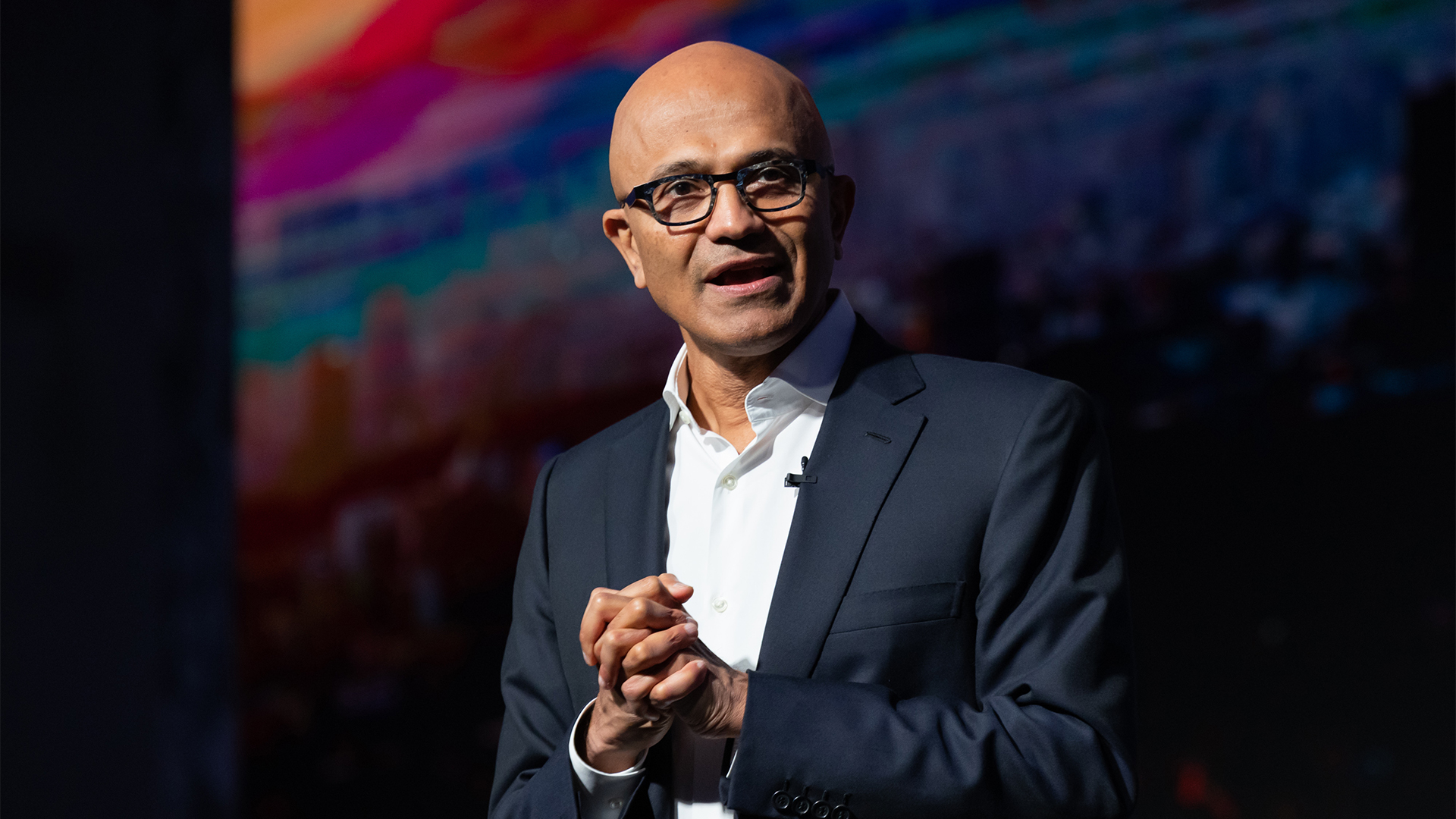

Microsoft’s rise to dominance in the generative AI space over the last year has been nothing short of remarkable, but aggressive maneuvers in recent weeks and the penning of several new deals have taken things up a notch.
The company shocked the industry last week when it announced it had poached Inflection AI chief executive Mustafa Suleyman to lead its new consumer-facing AI division.
Not content with whisking away the startup’s CEO, it also took on two other co-founders, a significant portion of staff, and agreed to pay Inflection around $650 million for exclusive rights to sell access to AI models through its Azure cloud service.
The deal is unusual in that Microsoft gained its desired outcome from this situation - the absorption of Inflection talent, IP, and technology - without so much as firing a shot. The deal itself does not constitute a traditional merger or acquisition.
It’s a peculiar setup for Microsoft and Inflection, and one that appears to skirt the boundaries of regulatory scrutiny. Crucially, though, it points toward Microsoft priming itself for a battle to dominate the consumer AI space in the same way it currently does in the enterprise sphere.
“By bringing on a large portion of the Inflection team and licensing its assets, Satya Nadella is not just hedging his bets, but placing a larger one that Microsoft can still win in the consumer space,” Jason Wong, Distinguished VP analyst at Gartner, told ITPro.
This isn’t the only bet Microsoft has taken in recent months either, and Wong’s comments ring true when considering the other moves the firm has made to maintain its position in the AI space.
Get the ITPro daily newsletter
Sign up today and you will receive a free copy of our Future Focus 2025 report - the leading guidance on AI, cybersecurity and other IT challenges as per 700+ senior executives
In February, Microsoft announced a multi-year partnership with European AI startup Mistral that instantly drew suspicion from EU regulators, though no formal investigation has yet been announced.
A key concern initially raised in the wake of this deal centered around the potential for Microsoft to exert control over the company in some capacity.
This control element is an issue that’s already seen the company fall into hot water with regulators over its relationship with OpenAI.
Lawmakers on both sides of the Atlantic are currently conducting preliminary investigations into the scope of the tie-up between the two companies, with the UK’s Competitions and Markets Authority (CMA) specifically highlighting concerns over the influence Microsoft has at the startup.
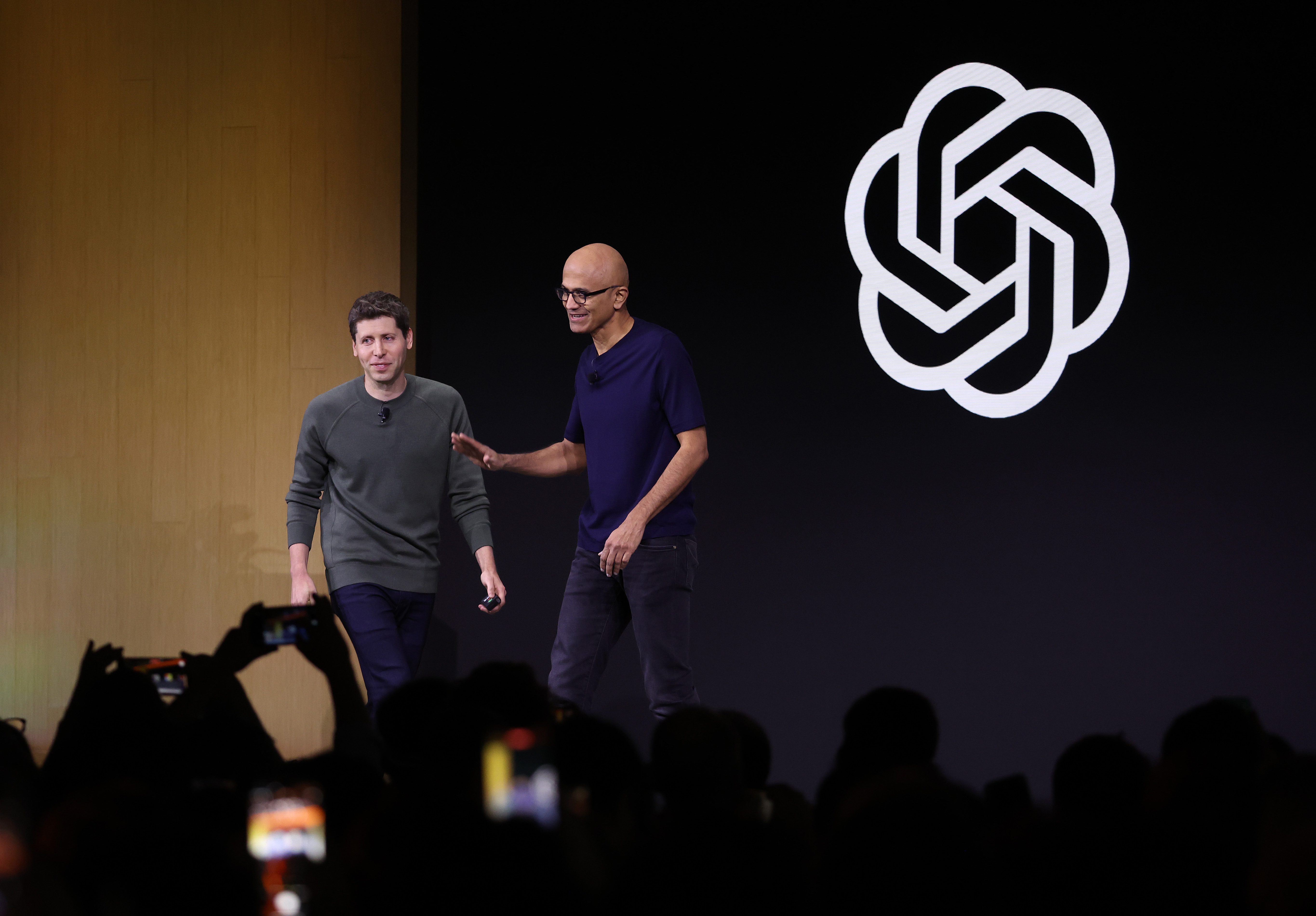
But this campaign at Microsoft is about more than just ensuring it has a finger in every pie. Wong told ITPro this also appears to be an attempt to diversify its AI investments and reduce reliance on OpenAI.
“Microsoft has been trying to shake its perceived dependency on OpenAI, and expand on its AI offerings for consumers,” he said.
OpenAI is by no means a liability, but last year’s chaos in which Sam Altman was ousted certainly created strain and highlighted the precarious nature of the relationship between the two firms. Satya Nadella was said to have been broadsided by the boardroom coup and left “furious” at the situation.
The company also tried to bring Altman on board in a similar role to Suleyman after he’d been forced out of the firm.
Microsoft’s play for Inflection may be a symptom of its lackluster AI offerings
Suleyman’s ascent to CEO of ‘Microsoft AI’ could point toward a degree of insecurity at Microsoft in terms of its positioning in the consumer AI market.
In 2023, Nadella suggested that its generative AI success could be the key to boosting adoption of its Edge browser - a prediction which thus far hasn't come to fruition. The same can also be said for Bing, with the tech giant still trailing Google in the search space by a significant margin.
According to Wong, the scope of Suleyman's remit reflects Microsoft’s need to reaffirm and expand on its current suite of products.
“Bringing in Mustafa Suleyman as a CEO for Microsoft AI is a clear sign that there needs to be more vision and accountability to make this happen in the consumer business,” Wong said.
RELATED WHITEPAPER

Nadella cited Suleyman’s induction into Microsoft as critical to ensuring it adapts to a rapidly changing product landscape. But Wong suggested this latest move is as much a fear of falling behind as it is a desire to stay ahead.
“Bing Chat has failed to make a material impact, and consumer products centered around Copilot for Windows and Office applications lack the innovation from generative AI that consumers expect,” he said.

George Fitzmaurice is a former Staff Writer at ITPro and ChannelPro, with a particular interest in AI regulation, data legislation, and market development. After graduating from the University of Oxford with a degree in English Language and Literature, he undertook an internship at the New Statesman before starting at ITPro. Outside of the office, George is both an aspiring musician and an avid reader.
-
 Bigger salaries, more burnout: Is the CISO role in crisis?
Bigger salaries, more burnout: Is the CISO role in crisis?In-depth CISOs are more stressed than ever before – but why is this and what can be done?
By Kate O'Flaherty Published
-
 Cheap cyber crime kits can be bought on the dark web for less than $25
Cheap cyber crime kits can be bought on the dark web for less than $25News Research from NordVPN shows phishing kits are now widely available on the dark web and via messaging apps like Telegram, and are often selling for less than $25.
By Emma Woollacott Published
-
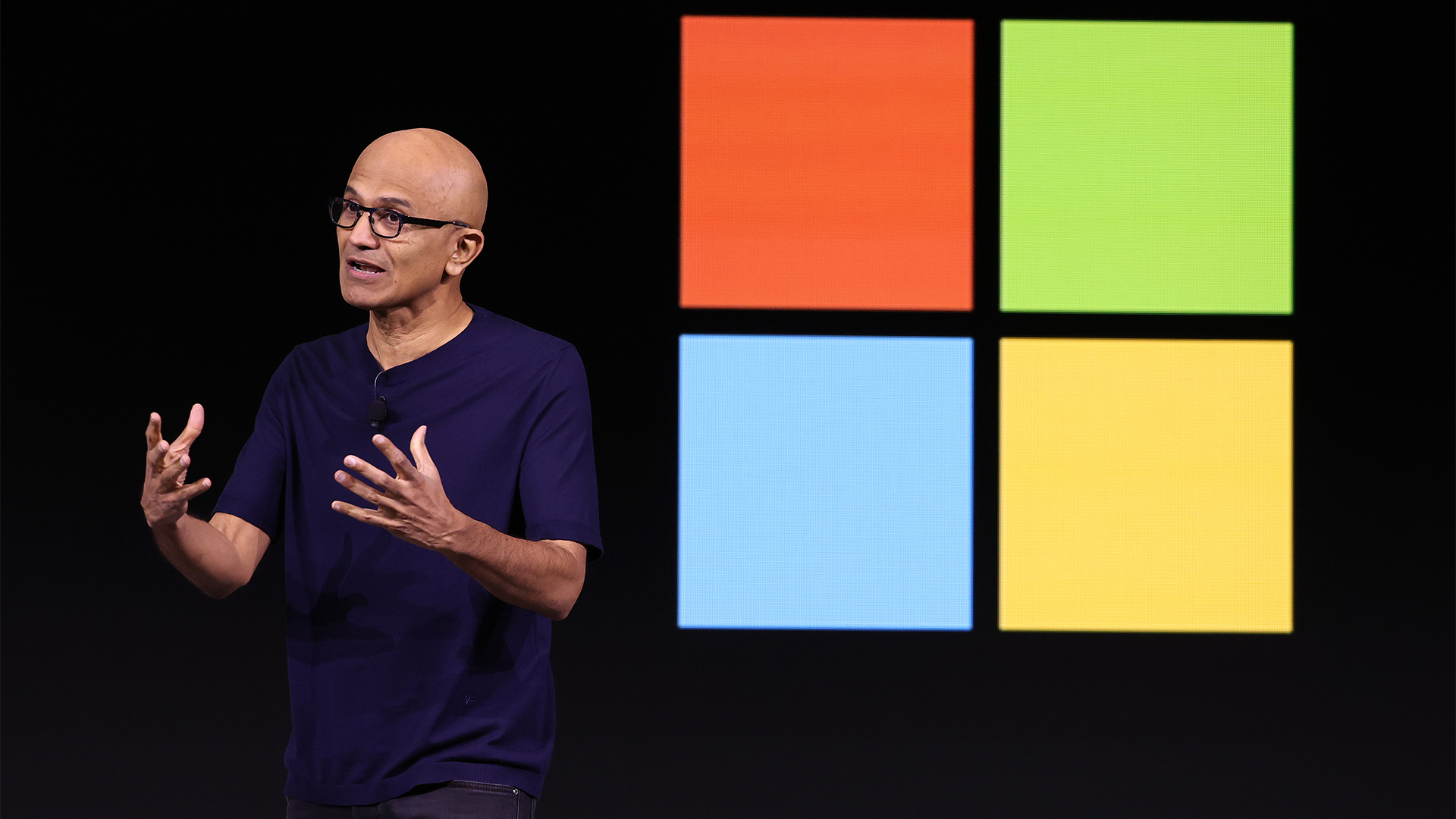 "I LOVE this company!" Looking back on 50 years of tech giant Microsoft
"I LOVE this company!" Looking back on 50 years of tech giant MicrosoftOpinion There have been highs, lows, laughs and lots of success in the past 5 decades for the Redmond-headquartered firm
By Maggie Holland Published
-
 The CMA just dropped its probe into the Microsoft–OpenAI deal
The CMA just dropped its probe into the Microsoft–OpenAI dealNews The CMA has dropped its probe into the partnership between Microsoft and OpenAI, saying the deal doesn't give Microsoft a controlling interest over the AI firm.
By Emma Woollacott Published
-
 Microsoft says there’s an AI divide brewing – here’s how enterprises can get on the right side
Microsoft says there’s an AI divide brewing – here’s how enterprises can get on the right sideNews Research from Microsoft and Goldsmiths University suggests there is a growing 'AI divide' among enterprises adopting the technology and those sluggish to react.
By George Fitzmaurice Published
-
 ‘Europe could do it, but it's chosen not to do it’: Eric Schmidt thinks EU regulation will stifle AI innovation – but Britain has a huge opportunity
‘Europe could do it, but it's chosen not to do it’: Eric Schmidt thinks EU regulation will stifle AI innovation – but Britain has a huge opportunityNews Former Google CEO Eric Schmidt believes EU AI regulation is hampering innovation in the region and placing enterprises at a disadvantage.
By Ross Kelly Published
-
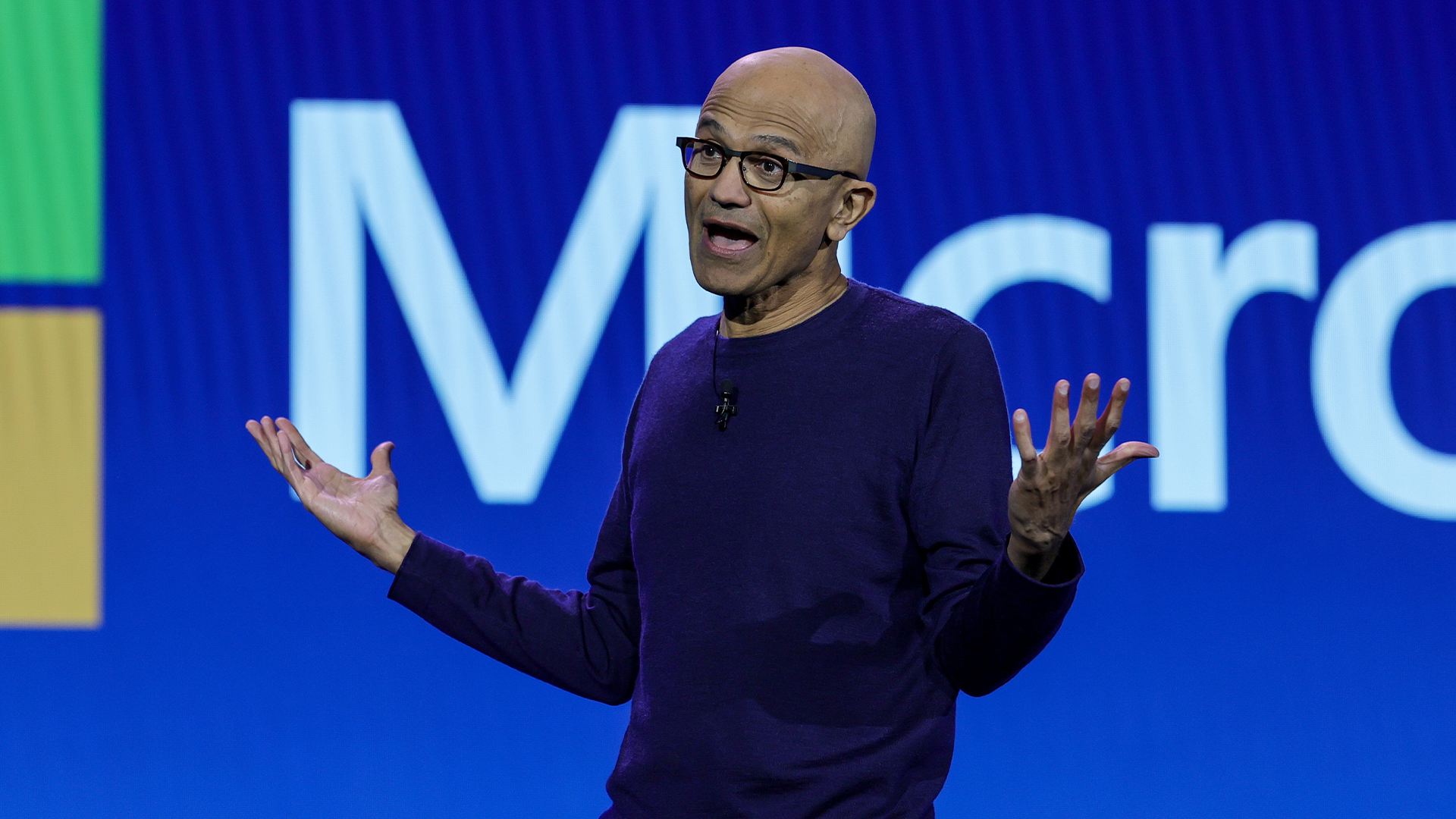 Microsoft promises more AI spending despite cloud cost stumble
Microsoft promises more AI spending despite cloud cost stumbleNews Microsoft recorded revenue and earnings growth in its latest quarterly results, but higher than expected costs in cloud and AI raised investor concerns.
By Nicole Kobie Published
-
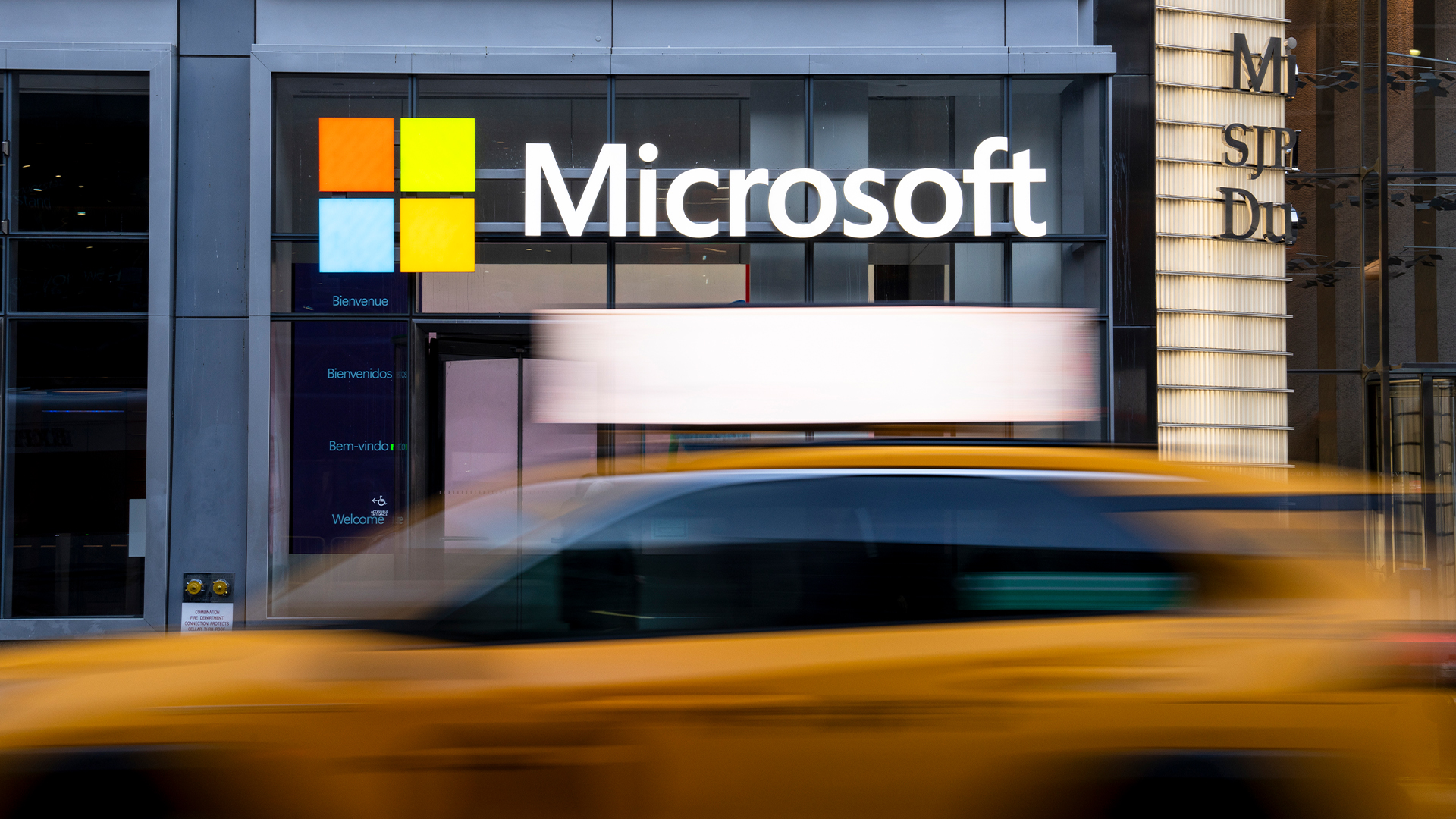 Microsoft staff face second round of layoffs as firm continues cost-cutting measures
Microsoft staff face second round of layoffs as firm continues cost-cutting measuresNews The size of the layoffs has not been specified, though Microsoft has said they will be small
By George Fitzmaurice Published
-
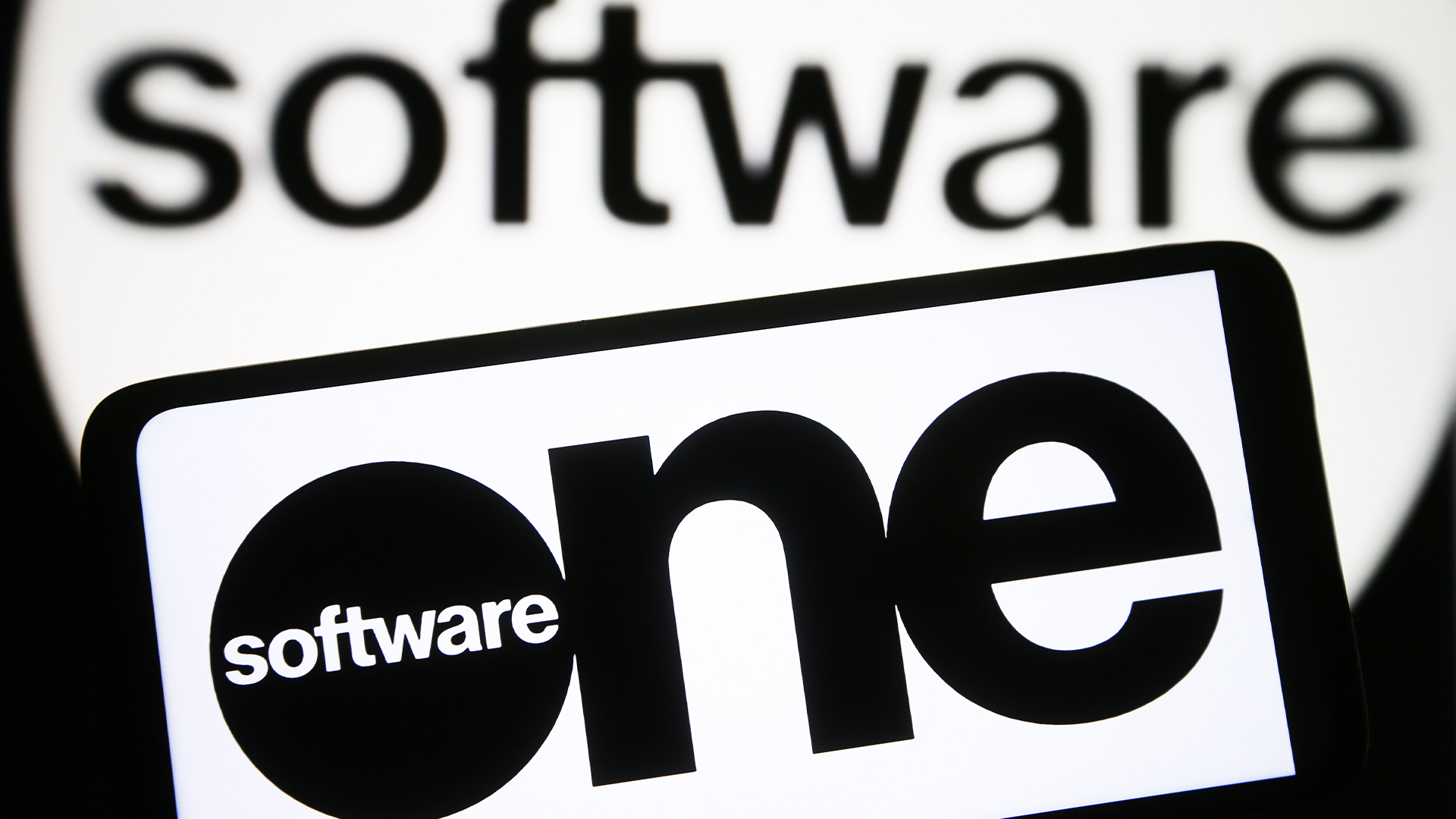 SoftwareOne to acquire Crayon in $1.4 billion merger deal
SoftwareOne to acquire Crayon in $1.4 billion merger dealNews The merged firm will be 'uniquely positioned' to capitalize on a $150 billion market
By Emma Woollacott Published
-
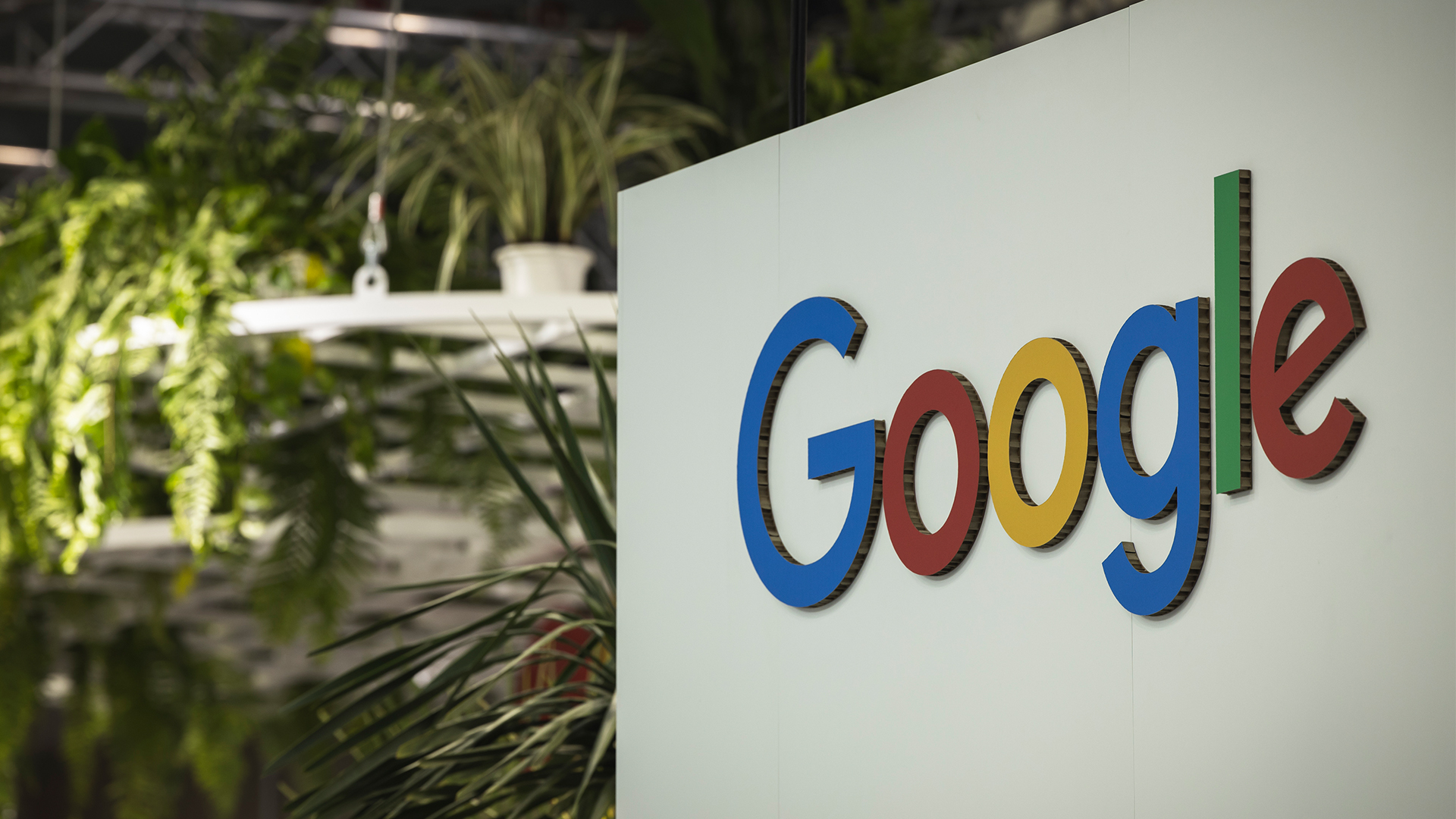 Google wants regulators to break up Microsoft's OpenAI deal
Google wants regulators to break up Microsoft's OpenAI dealNews Google has already been nipping at Microsoft’s heels in the European cloud market over competition concerns
By George Fitzmaurice Published